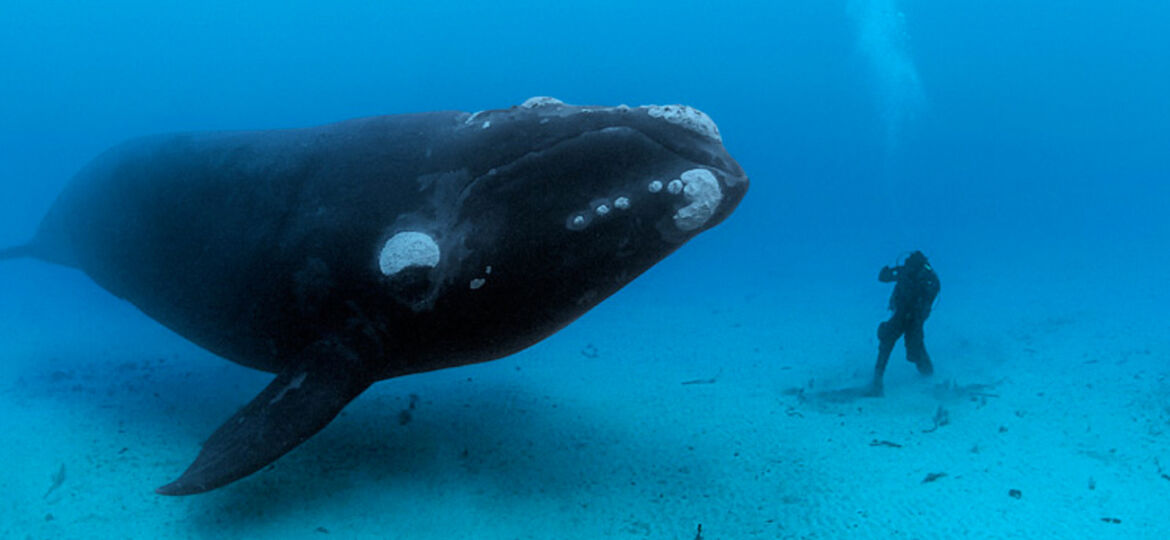
WHY THIS MATTERS IN BRIEF
Smile. You won’t find these faces in the shops looking for deals…
Creating new algorithms that identify our friends in nature seems to be a growing trend – and it’s about time too. Now researchers have developed a facial-recognition algorithm for whales that could prove crucial in saving one of the world’s most endangered species.
Large scale commercial whaling has been devastating to the population of North Atlantic right whales – there are only about 500 left in the world. So researchers at the National Oceanic and Atmospheric Administration (NOAA) decided to set up a contest to better identify the whales.
The Right Whale Recognition competition, organized by marine biologist Christian Khan, drew almost as many contestants as there are right whales in the wild, with 470 players taking part across 364 teams. Khan was reportedly inspired to set up the contest after seeing Facebook’s use of facial recognition to identify people in photos.
The winning entry uses a facial recognition algorithm to correctly identify whales 87 percent of the time by recognizing patterns on their heads and it uses artificial intelligence to localise, align, and then finally identify individual right whales from aerial photographs.
The algorithm, developed by the data science company deepsense.io, could help save whales who have become entangled in fishing nets by allowing researchers to inform disentanglement experts which whales have been caught. It would also help scientists avoid mistakenly conducting biopsies on the same whale.
Perhaps most importantly, the algorithm will save researchers countless hours spent trawling through photographs of whales, freeing up time to carry out actual research.
“It was very exciting to have our Machine Learning Team participate and win this NOAA competition because the solution helps solve a real-world problem and empowers fishery biologists in protecting the critically endangered North Atlantic right whales,” said Piotr Niedzwiedz, co-founder of deepsense.io.
“The Right Whale Recognition challenge was a great opportunity to put our data scientists’ talents to the test and to demonstrate that deep-learning techniques… can provide immense benefits in big data applications.”

















[…] been using Artificial Intelligence (AI) to help us develop facial recognition systems that we can use on whales now for a while, but do you talk Dolphin? Well, if Swedish startup Gavagai AB, and […]
[…] 3D printing to resurrect dying reefs, Artificial Intelligence (AI) to identify species or create a Facebook for Whales, or genetic editing to wipe out species, it’s undeniable that conservations are increasingly […]